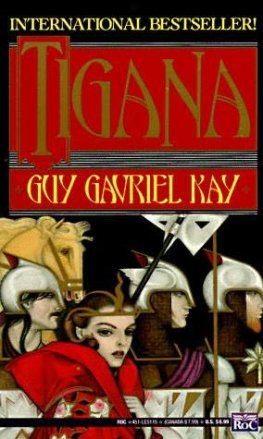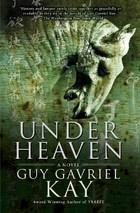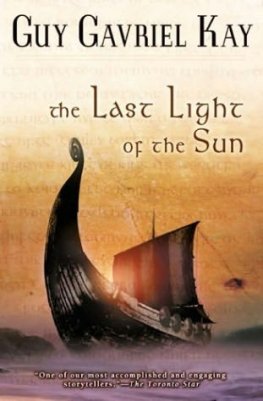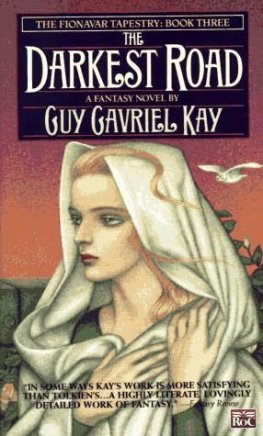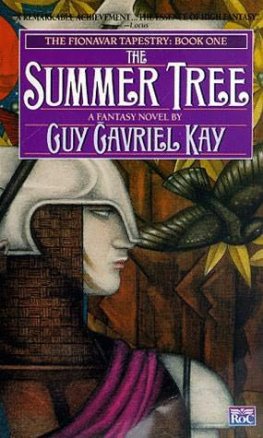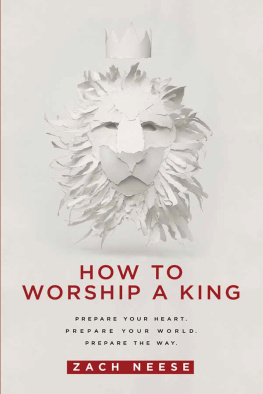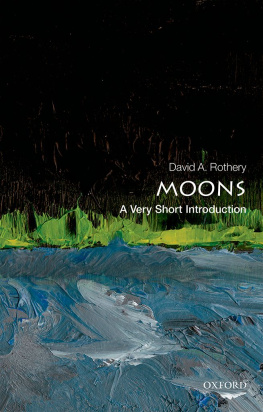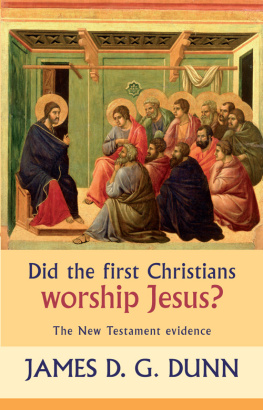The Lions of Al-Rassan
by Guy Gavriel Kay
The evening is deep inside me forever.
Many a blond, northern moonrise,
like a muted reflection, will softly
remind me and remind me again and again.
It will be my bride, my alter ego.
An incentive to find myself. I myself
am the moonrise of the south.
Paul Klee,
The Tunisian DiariesIt was just past midday, not long before the third summons to prayer, that Ammar ibn Khairan passed through the Gate of the Bells and entered the palace of Al-Fontina in Silvenes to kill the last of the khalifs of Al-Rassan.
Passing into the Court of Lions he came to the three sets of double doors and paused before those that led to the gardens. There were eunuchs guarding the doors. He knew them by name. They had been dealt with. One of them nodded slightly to him; the other kept his gaze averted. He preferred the second man. They opened the heavy doors and he went through. He heard them swing closed behind him.
In the heat of the day the gardens were deserted. All those still left within the dissolving magnificence of the Al-Fontina would have sought the shade of the innermost rooms. They would be sipping cool sweet wines or using the elaborately long spoons designed by Ziryani to taste sherbets kept frozen in the deep cellars by snow brought down from the mountains. Luxuries from another age, meant for very different men and women from those who dwelt here now.
Thinking such thoughts, ibn Khairan walked noiselessly through the Garden of Oranges and, passing through the horseshoe arch, into the Almond Garden and then, beneath another arch, into the Cypress Garden with its one tall, perfect tree reflected in three pools. Each garden was smaller than the one before, each heartbreaking in its loveliness. The Al-Fontina, a poet once had said, had been built to break the heart.
At the end of the long progression he came to the Garden of Desire, smallest and most jewel-like of all. And there, sitting quietly and alone on the broad rim of the fountain, clad in white, was Muzafar, as had been prearranged.
Ibn Khairan bowed in the archway, a habit deeply ingrained. The old, blind man could not see his obeisance. After a moment he moved forward, stepping deliberately on the pathway that led to the fountain.
"Ammar?" Muzafar said, hearing the sound. "They told me you would be here. Is it you? Have you come to lead me away from here? Is it you, Ammar?"
There were many things that could be said. "It is," said ibn Khairan, walking up. He drew his dagger from its sheath. The old man's head lifted suddenly at that, as if he knew the sound. "I have, indeed, come to set you free of this place of ghosts and echoes."
With the words he slid the blade smoothly to the hilt in the old man's heart. Muzafar made no sound. It had been swift and sure. He could tell the wadjis in their temples, if it ever came to such a thing, that he had made it an easy end.
He laid the body down on the fountain rim, ordering the limbs within the white robe to allow the dead man as much dignity as could be. He cleaned his blade in the fountain, watching the waters swirl briefly red. In the teachings of his people, for hundreds and hundreds of years, going back and away to the deserts of the east where the faith of the Asharites had begun, it was a crime without possibility of assuaging to slay one of the god's anointed khalifs. He looked down at Muzafar, at the round, wrinkled face, sadly irresolute even in death.
He has not been truly anointed, Almalik had said, back in Cartada. All men know this.
There had been four puppet khalifs this year alone, one other here in Silvenes before Muzafar, one in Tudesca, and the poor child in Salos. It was not a situation that could have been allowed to continue. The other three were already dead. Muzafar was only the last.
Only the last. There had been lions once in Al-Rassan, lions upon the dais in this palace that had been built to make men fall to their knees upon marble and alabaster before the dazzling evidence of a glory beyond their grasp.
Muzafar had, indeed, never been properly anointed, just as Almalik of Cartada had said. But the thought came to Ammar ibn Khairan as he stood in his twentieth year in the Garden of Desire of the Al-Fontina of Silvenes, cleansing his blade of a man's red blood, that whatever else he did with his life, in the days and nights Ashar and the god saw fit to grant him under the holy circling of their stars, he might ever after be known as the man who slew the last khalif of Al-Rassan.
"You are best with the god among the stars. It will be a time of wolves now," he said to the dead man on the fountain rim before drying and sheathing his blade and walking back through the four perfect, empty gardens to the doors where the bribed eunuchs waited to let him out. On the way he heard one foolish bird singing in the fierce white light of midday, and then he heard the bells begin, summoning all good men to holy prayer.
Always remember that they come from the desert.
Back in the days before Jehane had begun her own practice, in that time when her father could still talk to her, and teach, he had offered those words to her over and again, speaking of the ruling Asharites among whom they dwelt on sufferance, and laboredas the scattered tribes of the Kindath did everywhereto create a small space in the world of safety and a measure of repose.
"But we have the desert in our own history, don't we?" she could remember asking once, the question thrown back as a challenge. She had never been an easy pupil, not for him, not for anyone.
"We passed through," Ishak had replied in the beautifully modulated voice. "We sojourned for a time, on our way. We were never truly a people of the dunes. They are. Even here in Al-Rassan, amid gardens and water and trees, the Star-born are never sure of the permanence of such things. They remain in their hearts what they were when they first accepted the teachings of Ashar among the sands. When you are in doubt as to how to understand one of them, remind yourself of this and your way will likely be made clear."
In those days, despite her fractiousness, Jehane's father's words had been as text and holy guide for her. On another occasion, after she had complained for the third time during a tedious morning preparing powders and infusions, Ishak had mildly cautioned that a doctor's life might often be dull, but was not invariably so, and there would be times when she found herself longing for quiet routine.
She was to sharply call to mind both of these teachings before she finally fell asleep at the end of the day that would long afterwards be known in Fezanawith curses, and black candles burned in memoryas The Day of the Moat.
It was a day that would be remembered all her life by Jehane bet Ishak, the physician, for reasons over and above those of her fellow citizens in that proud, notoriously rebellious town: she lost her urine flask in the afternoon, and a part of her heart forever before the moons had set.
The flask, for reasons of family history, was not a trivial matter.
The day had begun at the weekly market by the Cartada Gate. Just past sunrise, Jehane was in the booth by the fountain that had been her father's before her, in time to see the last of the farmers coming in from the countryside with their produce-laden mules. In a white linen robe beneath the physician's green and white awning, she settled in, cross-legged on her cushion, for a morning of seeing patients. Velaz hovered, as ever, behind her in the booth, ready to measure and dispense remedies as she requested them, and to ward off any difficulties a young woman might encounter in a place as tumultuous as the market. Trouble was unlikely, however; Jehane was well-known by now.



